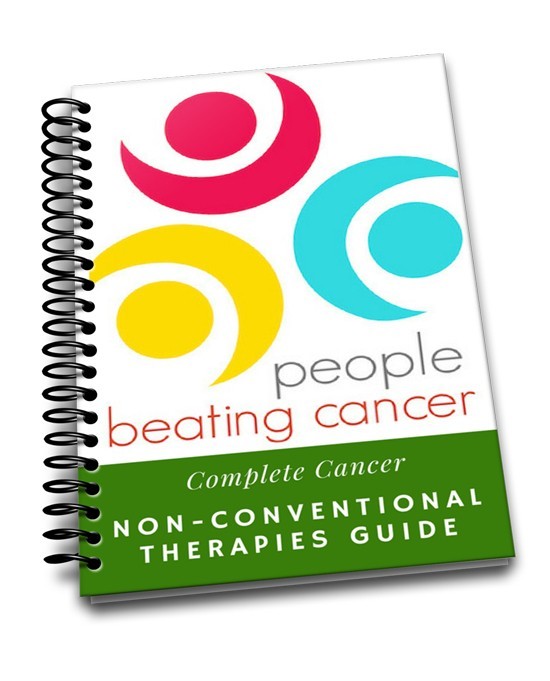Exercise is known to be associated with reduced risk of all-cause mortality, cardiovascular disease, stroke, and diabetes, but its association with mental health remains unclear.
A multiple myeloma diagnosis is life-changing, emotional, and horrific all at the same time. My own MM diagnosis, or I should say the years since my own MM diagnosis, has taught me that one of the most important therapies to manage your MM is rarely mentioned by oncology.
Multiple Myeloma – Exercise

I’m referring to mind-body therapy. Getting your mind right as they say in Cool Hand Luke. Oncology never discusses the most important therapy for MM patients and survivors. Probably because the FDA has never endorsed mind-body therapy…but that’s another blog post altogether.
All of the above helps us manage our multiple myeloma. All of the above is exercise as mind-body therapy.
Please keep in mind that by exercise, I’m talking about going for a brisk walk daily. Or yoga class. Some people like to swim. My point is daily exercise does not have to be a grueling, sweaty endeavor.
Mind-body Therapy and Multiple Myeloma
To learn more about evidence-based, nontoxic therapies to manage your multiple myeloma diagnosis, please scroll down the page, post a question or comment and I will reply to you ASAP.
Thanks and hang in there,
David Emerson
- MM Survivor
- MM Coach
- Director PeopleBeatingCancer
Recommended Reading:
“Background-Exercise is known to be associated with reduced risk of all-cause mortality, cardiovascular disease, stroke, and diabetes, but its association with mental health remains unclear. We aimed to examine the association between exercise and mental health burden in a large sample, and to better understand the influence of exercise type, frequency, duration, and intensity…
Findings- Individuals who exercised had 1·49 (43·2%) fewer days of poor mental health in the past month than individuals who did not exercise but were otherwise matched for several physical and sociodemographic characteristics ( W=7·42 × 10 10, p<2·2 × 10 −16). All exercise types were associated with a lower mental health burden (minimum reduction of 11·8% and maximum reduction of 22·3%) than not exercising (p<2·2 × 10 −16 for all exercise types).
The largest associations were seen for popular team sports (22·3% lower), cycling (21·6% lower), and aerobic and gym activities (20·1% lower), as well as durations of 45 min and frequencies of three to five times per week.
Interpretation- In a large US sample, physical exercise was significantly and meaningfully associated with self-reported mental health burden in the past month. More exercise was not always better. Differences as a function of exercise were large relative to other demographic variables such as education and income. Specific types, durations, and frequencies of exercise might be more effective clinical targets than others for reducing mental health burden, and merit interventional study.”
“Besides classical symptoms of heart failure with or without decompensation, an overwhelming majority of cancer patients develop fatigue and a significant reduction in exercise capacity when compared to their pre-cancer state. These effects seem to be independent from the specific chemotherapeutic substance included in the treatment regimen.
Recent trials have suggested beneficial effects of exercise regiments in early and late phases of cancer treatment regimens and during rehabilitation. This review focuses on the currently available literature and evidence for the role of exercise training in preventing declining cardiac function or improving an already impaired function during or after chemotherapy, radiation or other cancer-specific therapies…
One of the biggest issues due to its mortality-defining nature is the wide range of cardiac and cardiovascular toxicities affecting the entire cardiovascular-skeletal muscle axis (2,3)…
One of the worst complications of chemotherapeutic treatments is the development of chemotherapy-related cardiomyopathy (CRC) which can develop years if not decades following the initial treatment…
Moreover an overwhelming amount of cancer survivors suffer from a reduction in quality-of-life related to symptoms of fatigue, nausea, pain and depression occur frequently. Studies also show that exercise capacity as measured in cardio-pulmonary exercise testing is reduced in approximately 70% of cancer patients (10)…
This review focuses on the currently available evidence for the role of exercise training in preventing declining cardiac function or improving an already impaired function during or after chemotherapy, radiation or other cancer-specific therapies…
Cancer-related cardiomyopathy (CRC) is a condition with very heterogeneous underlying pathomechanisms due to the varying modes of action of the suspected causing drug (11).
Ewer and Lippman introduced a general classification in 2005 which is based on the presence or absence of structural abnormalities and the extent of functional reversibility. Subsequently CRC is classified in an injury type with permanent loss of function (Type 1) and a dysfunction type with temporarily and often reversible loss of cardiac function (Type 2) (12)…
The list of drugs suspected or proven to cause CRC is long and probably growing with the continuing introduction of modern novel therapy protocols. One of the best studied and well-established drugs classes are probably anthracyclines usually causing permanent structural changes. Also anthracycline induced CRC is occurring quite frequently and is usually associated with a poor prognosis (16,17). Among other substance classes that can cause structural cardiac impairment are high-dose alkylating agents and small-molecule tyrosine kinase inhibitors (18)…
The recent addition of checkpoint inhibitors targeting CTLA-4 (ipilimumab), PD-1 (nivolumab and pembrolizumab) and PD-L1 (atezolizumab, durvalumab, avelumab) show also next to promising results in cancer therapy a significant rate of cardiotoxic side effects...
Regular physical activity does reduce the risk of cardiovascular morbidity and mortality (21). Furthermore, a fairly recent prospective cohort study enrolling 416,175 subjects showed a long-term benefit even for people who exercise moderately (approximately 90 minutes per week) compared to inactive individuals with a 14% reduced risk of all-cause mortality and a 3-year longer life expectancy. With increased activity, this effect could be improved even further (22)…
- Exercise training before cancer therapy
- Exercise training during cancer therapy
- Exercise training after cancer therapy
Conclusions
As of today there is only limited evidence that exercise therapy can actually prevent or mitigate CRC. However, there is plenty of evidence to support the importance of exercise in cancer treatments in order to improve cardio-respiratory fitness of patients during and after cancer treatment.
This significantly improves typical treatment associated symptoms such as fatigue which is an important end-point for patients and physicians alike. However, it cannot be a suitable surrogate parameter for actually improving cardiac function or decreasing cardiovascular mortality…”




